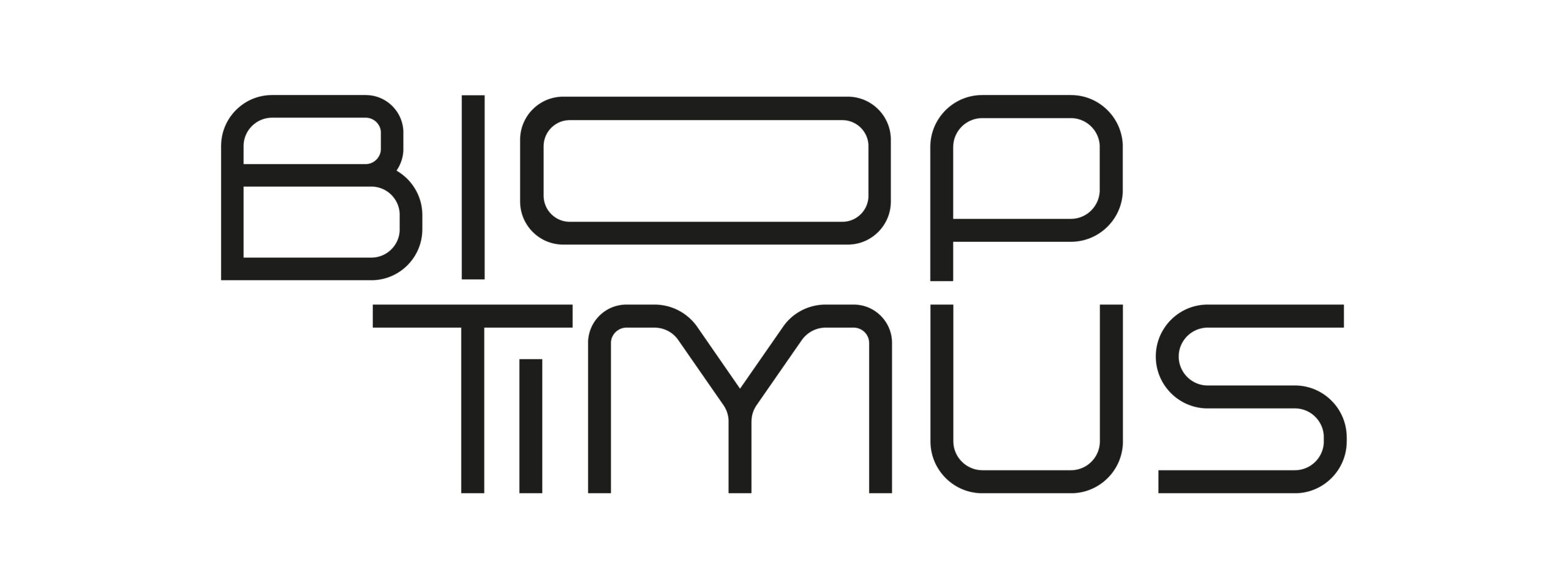Bioptimus launches H-optimus-0, the world’s largest open-source AI foundation model for pathology
 Less than five months after its launch, French startup Bioptimus has announced the release of H-optimus-0, the world’s largest open-source AI foundation model for pathology. With 1.1 billion parameters, H-optimus-0 is trained on a proprietary dataset of several hundreds of millions of images extracted from over 500,000 histopathology slides across 4,000 clinical practices. This sets a new benchmark for state-of-the-art performance in several critical medical diagnostic tasks, from identifying cancerous cells to detecting genetic abnormalities in the tumor.
Less than five months after its launch, French startup Bioptimus has announced the release of H-optimus-0, the world’s largest open-source AI foundation model for pathology. With 1.1 billion parameters, H-optimus-0 is trained on a proprietary dataset of several hundreds of millions of images extracted from over 500,000 histopathology slides across 4,000 clinical practices. This sets a new benchmark for state-of-the-art performance in several critical medical diagnostic tasks, from identifying cancerous cells to detecting genetic abnormalities in the tumor.
Rodolphe Jenatton, CTO of Bioptimus, said that:
“Having launched less than five months ago, we are excited to introduce H-optimus-0, a fully open-source model that represents a significant leap forward in the field of pathology. We are committed to advancing medical research and improving patient care. By encouraging collaboration and the adoption of new practices, we aim to speed up innovations in pathology and beyond, ultimately benefiting patients worldwide.”
Pathology is the cornerstone of disease diagnosis, requiring meticulous examination of tissue samples to identify abnormalities. Traditionally, this process relies heavily on pathologists’ expertise and experience. However, the increasing complexity and volume of cases necessitate advanced tools that can assist pathologists in making faster, more accurate diagnoses.
H-optimus-0 Key Features and Capabilities
Unmatched Scale and Performance
With 1.1 billion parameters, H-optimus-0 is the largest open-source AI model tailored specifically for pathology, ensuring comprehensive analysis and high accuracy.
Extensive Training Dataset
Trained on a vast dataset of over 500,000 pathology slides, H-optimus-0 has been exposed to a diverse array of cases, enabling it to generalize effectively across different diagnostic scenarios.
State-of-the-Art Diagnostics
H-optimus-0 achieves state-of-the-art performance in several key diagnostics tasks, consistently meeting the performance or outperforming existing models and setting new standards in the field. The model was assessed on 5 tile-level tasks to identify tissue types or tissue characteristics and 6 slide-level tasks to detect the presence of biomarkers or the presence of metastasis across several cancer types
Open Source Availability
As an open-source model, H-optimus-0 can be utilized by researchers to accelerate the development of novel digital pathology models and will foster collaboration among researchers, clinicians, and developers, driving further advancements and solutions in pathology AI.
With its unprecedented scale and depth of training within the open-source community, H-optimus-0 leverages cutting-edge AI technology to enhance the precision and efficiency of pathology diagnostics.
Professor Jean-Philippe Vert, PhD, co-founder and CEO of Bioptimus, said that:
H-optimus-0 is just the beginning. It marks the first in a long series of models we will create at Bioptimus, each more advanced and comprehensive than the last. Future models will not only be trained on an even larger number of pathology images from Europe, Asia and Africa but will also incorporate other modalities, such as genomics and proteomics. Our ultimate goal is to create the first multiscale foundation model of biology, capable of integrating diverse biological data and scales to enable scientific discoveries and accelerate biomedical innovations.
You can access the model, detailed documentation, and research findings on our GitHub repository here.
About Bioptimus
Bioptimus is building the universal AI foundation model in biology to drive advancements in scientific research and biotechnological innovation. Leveraging a team of world-class experts, employing state-of-the-art AI technologies and accessing unique proprietary data at scale, we aim to fuel breakthrough discoveries and accelerate innovations in biomedicine and beyond. For more information, please visit https://www.bioptimus.com.
SOURCE: Bioptimus
































